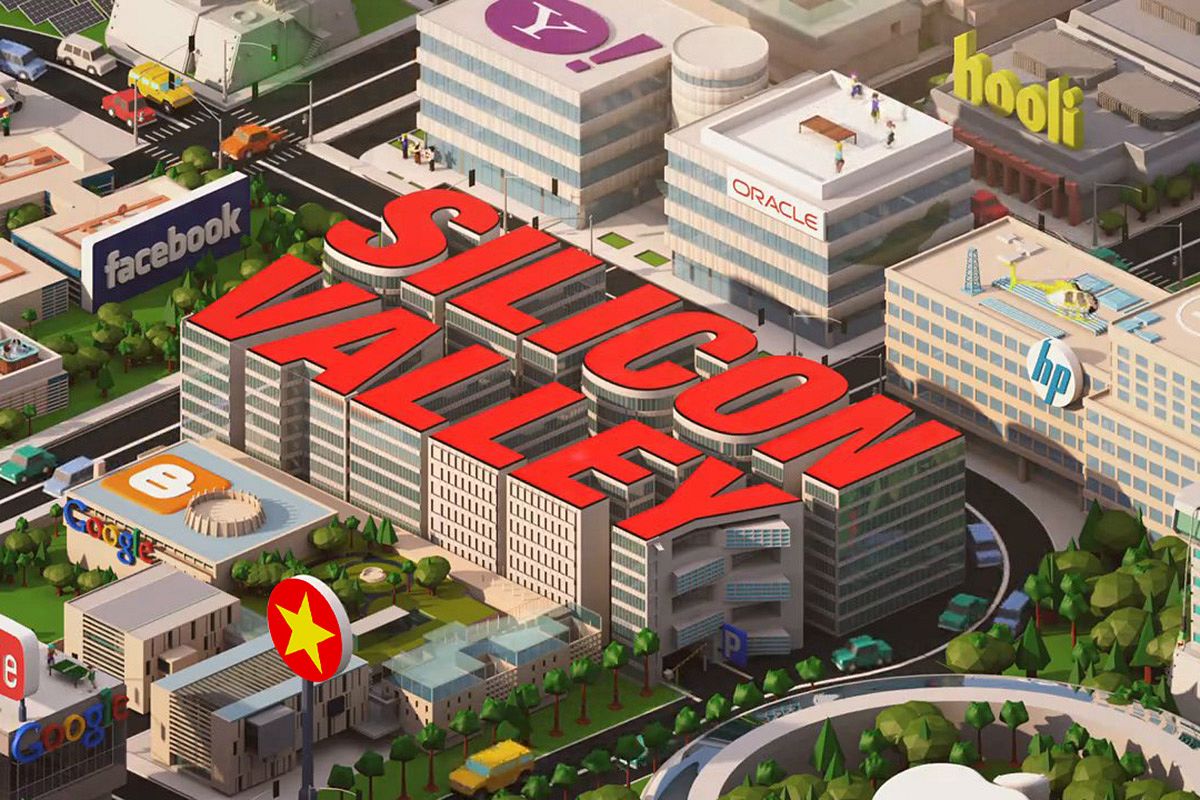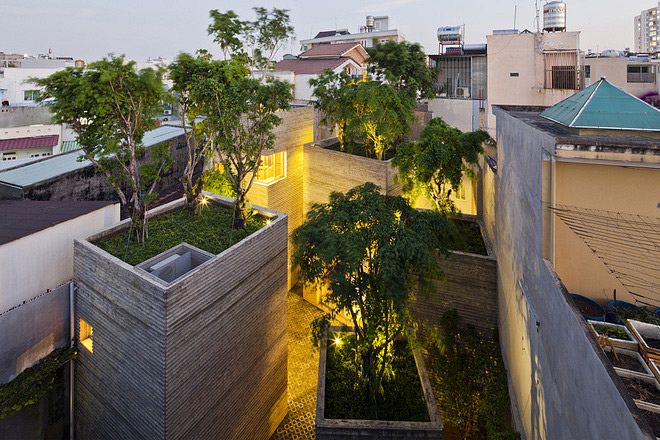In little more than a decade, Vietnam's tech industry has exploded, attracting international attention and showcasing the country's potential, not just as an outsourcing hub but a key player in Southeast Asia's tech development.
Related Articles:
- US$40m Earmarked For Saigon’s Silicon Valley
- Can Vietnam Create its Own Version of Silicon Valley?
- [Infographic] Key Statistics on Vietnam's Internet Population
Change comes fast in Vietnam. Fifteen years ago, the country had virtually no IT industry and smartphones were barely on the market in developed nations, let alone Vietnam's emerging economy. Today, however, people can't drive a motorbike without checking their text messages, Facebook is an enormous part of social life and every cafe, restaurant, shopping mall, doctor's office, motorbike repair shop and public space has its own Wi-Fi connection. In no time at all, the age of the internet has arrived in Vietnam.
It's a perfect storm: take a young, educated workforce, a growing economy, a population whose median age is around 30 years old and a government-sanctioned IT Master Plan and it's no wonder PC magazine has named the country Southeast Asia's Silicon Valley.
Combined, these elements are throwing open the door not just for Saigon's energetic and adventurous startup community but also for international IT giants like Samsung and IBM, who are finding promise in Danang's increasingly-modern environment.
The central city's meticulous urban planning and crop of skilled IT graduates have prompted these tech juggernauts to set up shop, providing young coders, engineers and IT folk with training programs and internship opportunities. In 2012, IBM even invested in Danang with a US$50 million grant aimed at improving the city's infrastructure and help develop its potential as an IT hub.
For this international investment, Vietnam has its Việt kiều friends to thank. Many foreign-educated Vietnamese are serving as ambassadors for the country's potential, convincing foreign investors and companies to give their homeland a chance, not just as an outsourcing hub but as a nation of skilled workers. Hung Q. Nguyen, CEO, president and cofounder of software testing company LogiGear, is one such proponent.
“Nothing is like Silicon Valley, with its elements on innovation, first-movers, and world-changing technology,” Nguyen told PC. “But this country is very vibrant, very forward-looking. The workforce itself doesn't yet know quite what it's like to do business the way the West does but, from the perspective of a tech hub, Vietnam has a lot of potential.”
While Danang is a safe bet for the international crowd, Saigon's vibrant startup community is awash with homegrown app developers and entrepreneurs, coders and engineers. Local startups cover everything from language learning to e-commerce, games to financial data analysis, social media to web services. Though they're focused mostly on the local market, the country's software and digital content are beginning to spill beyond its borders. Whiteboard, the first app from Vietnamese company GreenGar, is now used in over 100 countries and has over nine million downloads to its name.
While all of this local energy is promising, some feel the city's entrepreneurs are still hanging on to a play-it-safe mentality.
“The tech community in Vietnam is developing a start-up culture and that's the truth,” Dr. Vu Duong, the first director of the John Von Neumann Institute at Vietnam National University, HCMC, told PC. “However, the Silicon Valley-like mentally is not yet there. They still prefer to not take too many risks. Only those who have been introduced to innovation and entrepreneurship are likely more adventurous to lead start-ups.”
There are some, however, who have no problem dreaming big. Last month, BBC profiled Thuy Truong, a 29-year-old businesswoman dubbed “Vietnam's startup queen”. The American-educated Bien Hoa native is responsible for Whiteboard, the app mentioned above, as well as Tappy, a social messaging app which became the first Vietnamese company bought by Silicon Valley.
“When you are young and you want to do startup business, it's worth doing something you are passionate about. [But] there is no guarantee that it will work,” Truong told BBC. “But even if you fail, there is still a great lesson learnt from working on something that you love.”
This go-getter attitude may still be slow to find its way to Vietnam's entrepreneurs, but nevertheless the future looks bright for the country's tech industry.














